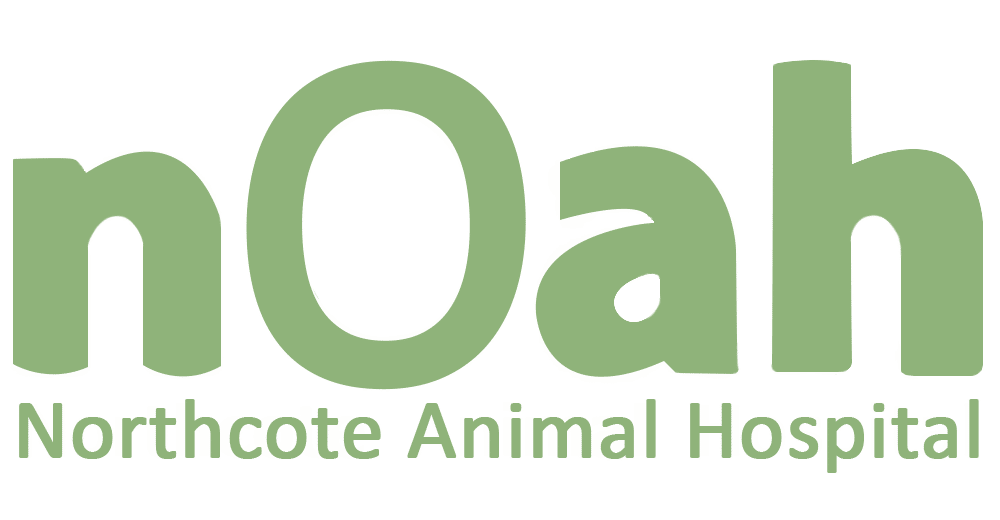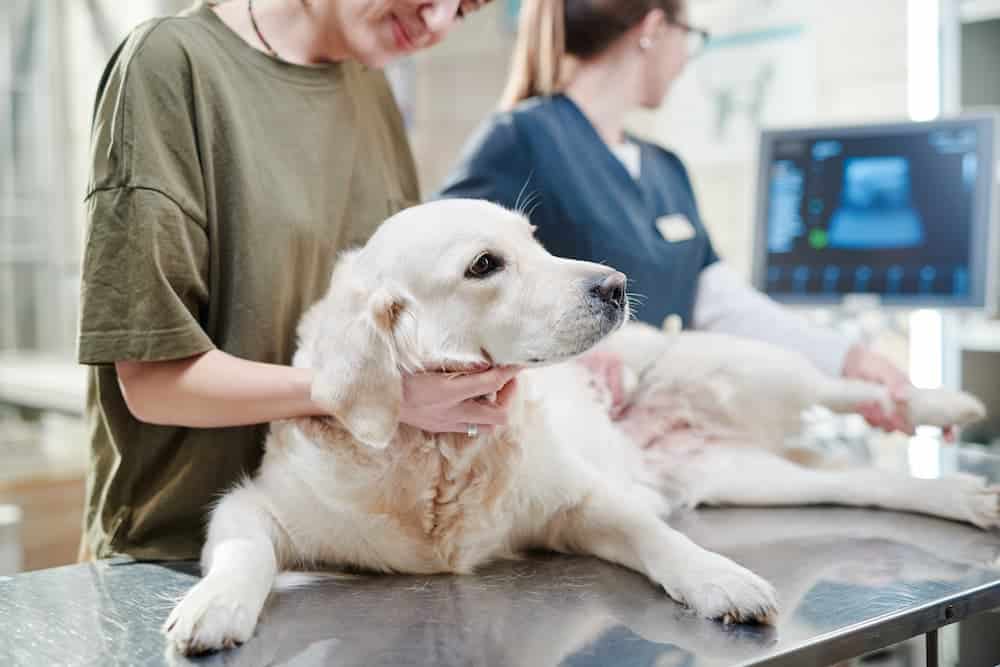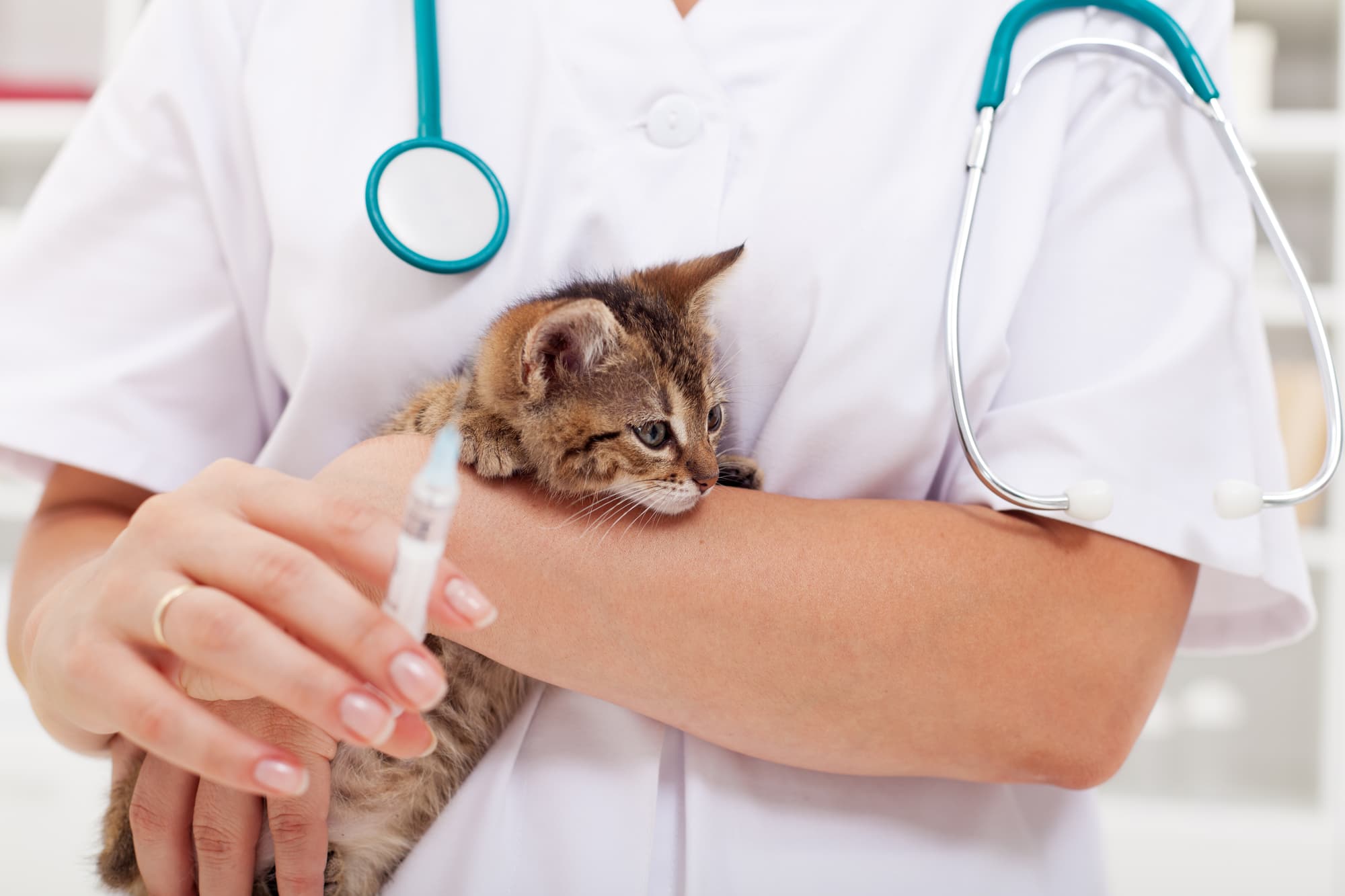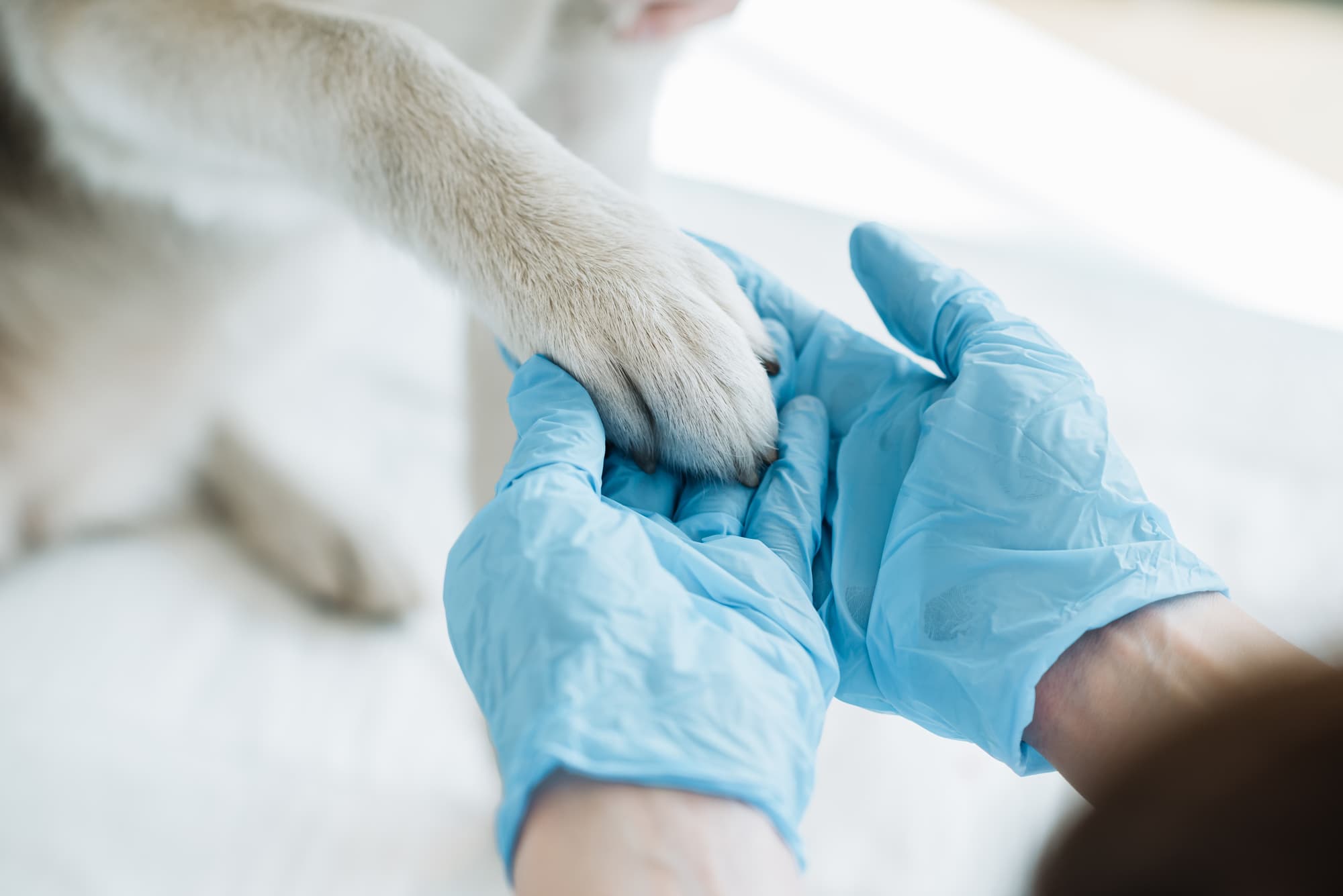Want to understand how to implement the perfect parasite control program?
Parasites are a common nuisance for cats, dogs and pet owners alike. They are actually one of the most common issues seen at our clinic, but one that is also easily preventable. Prevention is relatively easy—you just to have a regular, effective parasite control program in place.
But what are parasites? You may be asking yourself this exact question. They are organisms living either inside or on our pets. They survive by taking nutrients from your cat or dog. In effect, your pets are left in significant discomfort and can become quite debilitated if they are left untreated.
Some parasites can even be transferred from your pet to you, or any other human in your home, which is why this is an especially pertinent issue to be aware of. Some of the most prominent parasites which can affect your pet include fleas, ticks, heartworm, intestinal worms and giardia.
Luckily, by following our advice for implementing the perfect parasite control program, you can stay on top of the issue. You can prevent parasites from impacting your pet, your family and your home.
If you are the proud owner of a cat or a dog, there are several measures that you can undertake to ensure your friend does not suffer from parasites.
Use the Right Medications
First and foremost, we recommend using broad-spectrum parasite medications and year-round heartworm, flea and tick medications.
The most effective prevention for heartworm is a yearly injection. As heartworm tends to be fatal, it is particularly important to prevent contracting this disease.
There are many treatments to prevent and kill fleas, however it is worth noting that the three monthly treatments are more effective than the monthly treatments at long term control. We’re more than happy to recommend the best medications for your cat at your next appointment.
Ensure Overall Health and Wellbeing
Parasites generally tend to attack weak, sick animals. This means that if your dog or cat contracts any kind of cold, stomach bug or other illness, it’s important to monitor them for parasites. The most important goal, however, is to keep your pet in the best health possible.
Monitor Your Pet’s Behaviour
It is important to keep an eye on any changes in your cat or dog’s behaviour, especially in terms of appetite and water consumption. Changes such as these may be an indication that your pet has parasites.
Visit Your Vet Regularly
It is important to visit your vet regularly—we recommend a check-up at least once a year. There are signs and symptoms of parasite infestation that even the most vigilant pet owner may not notice. By visiting your vet regularly, we can check for specific signs of parasites and then treat them accordingly if required. That’s the reason we’re here after all – to help diagnose and treat your pet.
Not only will having your pet tested regularly for parasites help keep them in good health, but it could also help prevent parasites from spreading to your whole family.
Feed Your Pet the Right Diet
Your pet’s diet can play a part in parasite control. We recommend feeding your cat or dog either cooked or pre-pared food. In addition, make sure your pet has access to fresh, clean drinking water at all times.
Groom Your Pet Regularly
Regular grooming is particularly important for dogs. You should wash and brush your dog regularly to help prevent parasites such as fleas and ticks.
Opt for Natural Treatments
There are natural treatments available for parasites, such extracts of cloves, wormwood and black walnut for worms. Neem oil can also be effective in preventing fleas when applied topically. However, it is important to note that these treatments can take time to have an effect, which can leave your pet irritated, and even distressed, in the short-term.
Book an Appointment Today
Northcote Animal Hospital is a leading vet clinic in Northcote. Our vets provide the most premium veterinarian care for your dogs, cats or any other pets. We are experienced looking for parasites and treating these or any subsequent infections accordingly.
If you’re interested in booking an appointment simply:
- Book an appointment online
- Call us on (03) 9482 1913
- Pop in and visit us at 339 High Street, Northcote, 3070






